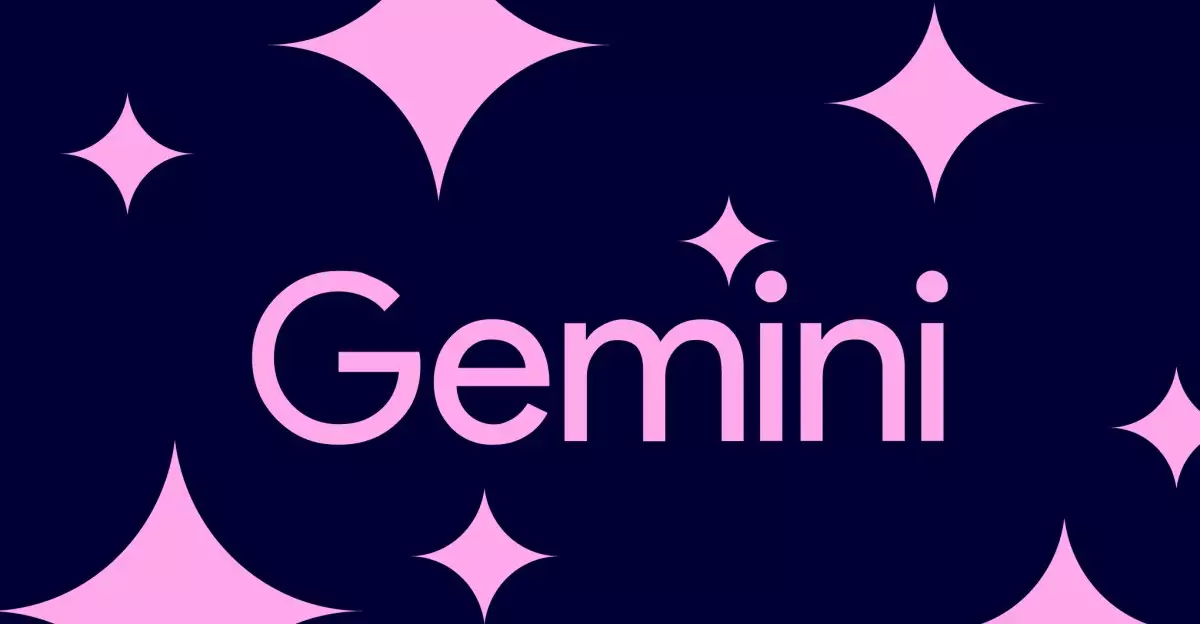In an age where information overload is the norm, the demand for personalized experiences has never been greater. Google’s Gemini, an innovative AI chatbot, is rising to meet this challenge. With its recent updates, Gemini is not just another chatbot in the crowded field; it leverages Google’s deep well of search data to provide users with responses that resonate more closely with individual needs. This feature transforms the AI landscape, making interactions more relevant and tailored, and ultimately enhancing user satisfaction.
How Gemini’s Personalization Works
At the heart of Gemini’s personalization feature is the revolutionary Gemini 2.0 Flash Thinking Experimental model. This advanced model intelligently analyzes users’ search history to gauge how best to respond to queries. For example, if you seek restaurant suggestions, Gemini will sift through your recent food-related searches to deliver tailored recommendations. This method of enhancing responses signifies a substantial stride toward creating a more intuitive interaction between machines and humans.
More importantly, Google has made it clear that users maintain control over their data. Users can disconnect their search history from Gemini at any time, adding a layer of security and comfort in using this technology. Transparency is crucial in the AI era, and Gemini’s approach ensures that users are informed about how their data is being utilized.
The Broader Impact on Google Ecosystem
Gemini’s integration doesn’t stop with just enhancing queries. Google aims to interconnect various applications, including YouTube and Google Photos, creating a holistic AI experience. This interconnectedness implies that the chatbot can provide insights drawn from a more sophisticated understanding of user behavior across platforms. For instance, would-be travelers can receive recommendations that not only consider their past searches but also what they’ve watched on YouTube and stored in their Google Photos. The potential for creating a seamless ecosystem is enormous.
It’s also important to note that as the technology evolves, users will be able to create their very own personalized AI assistants, dubbed “Gems.” This capability allows for a tailored assistant that adapts to individual preferences, further solidifying Gemini’s place in the AI landscape.
The Challenges Ahead
While the advancements are commendable, the rollout of such features isn’t without its challenges. The sensitive nature of personal data raises ethical concerns about privacy. Will users trust Google with their data when personalization is at play? Moreover, as reliance on AI increases, the risk of misinformation and over-dependence on algorithms can lead to a deterioration of human intuition and critical thinking.
User feedback will be imperative in shaping how these features develop in the future. Google must tread carefully to balance personalization with user privacy effectively while ensuring that the AI remains a helpful tool rather than a crutch that could stifle spontaneity and exploration.
In sum, Google’s Gemini is pioneering a personalized AI experience that promises relevance and engagement at unprecedented levels, pushing the boundaries of what we expect from digital interactions. The future seems bright for AI technologies that prioritize user-centric development while grappling with the pressing issues of privacy and data ethics.

